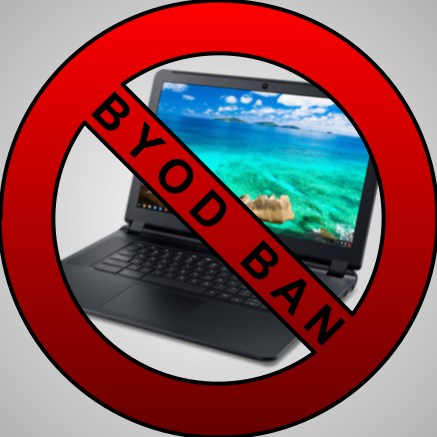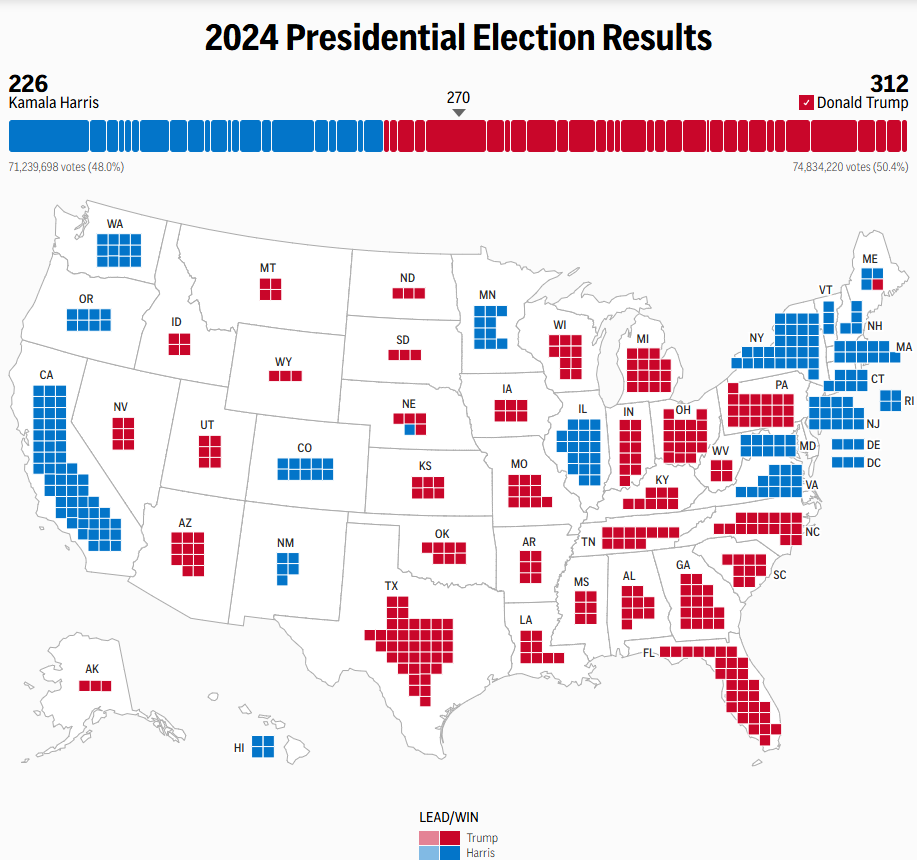On May 1st, 2024, an FCPS Find Out First Email was pushed out about the upcoming changes to the Bring Your Own Device policy (BYOD), and the use of personal mobile devices (or PMDs), in schools.
Due to the vague nature of the first email, many people had strong initial reactions to the post. The email’s explanation of the removal of BYOD left many confused, and never gave an exact reason as to why it was being taken away in the first place.
This led to a lot of confusion and criticism, especially among students who rely on their personal devices for academic reasons. “I’m a part of the robotics club here at Oakdale, and a large part of building and competing is programming the robots we build,” explains Freshman Rowan Wood. “If we want to be able to program at a higher level, the school Chromebooks just don’t have the ability to do so.”
Students with academic accommodations can still use personal computers, but if it’s someone who needs a chromebook with better abilities than a school issued computer, they’re out of luck.
Many people with school issued computers note how the chromebooks are slow, or have issues with them that affect performance. People who bought personal chromebooks to specifically avoid these issues will now not be able to use them, making the purchase somewhat pointless. This is especially true for those who bought a new one in preparation for next year, only for the program to be shut down anyways.
There’s also confusion of how this policy will affect cell phone usage. According to previous FCPS policy, cell phones are allowed, but can be revoked if they pose a threat to the environment at school. While it’s unlikely this means cellphones as a whole are banned, the emails are not clear if the removal of BYOD affects the way cellphones are permitted in schools.
Some question if the policies will even work. “According to some friends from Baltimore, they already had the BYOD program ‘sunsetted’ last year, but no one really cared if they still brought their own computers. I wouldn’t be surprised if the same happened here,” Wood comments.
This doesn’t mean that everyone views the policy as a bad thing. “For tech staff specifically, troubleshooting will be much easier and inventory management will be much easier,” says Philip O’Neill, a member of the tech staff at Oakdale.
It will also make testing a lot more simple for tech staff. Before this policy change, tech staff would have to find how many students used PMDs, and use chromebook carts to deliver school issued devices for testing. A large amount of the carts being removed “is a major benefit to tech staff, as the upkeep and headache of the carts can be a big nuisance,” describes O’Neill.
With recent concerns of cybersecurity in counties around Maryland, security updates are also important to prevent data breaches. A data breach in Prince George’s County led to nearly 100,000 people having their information leaked, and considering how unfortunately destructive ransomware attacks can be, taking steps to stop future breaches is important.
The overall uncertainty has led to a lot of the student body feeling upset about the upcoming year. While the policy being created was somewhat unavoidable, it’s still unfortunate to the students who responsibly use their devices. PMDs can be very useful for those who own them, and while they aren’t completely banned, they’re only allowed under specific circumstances.































